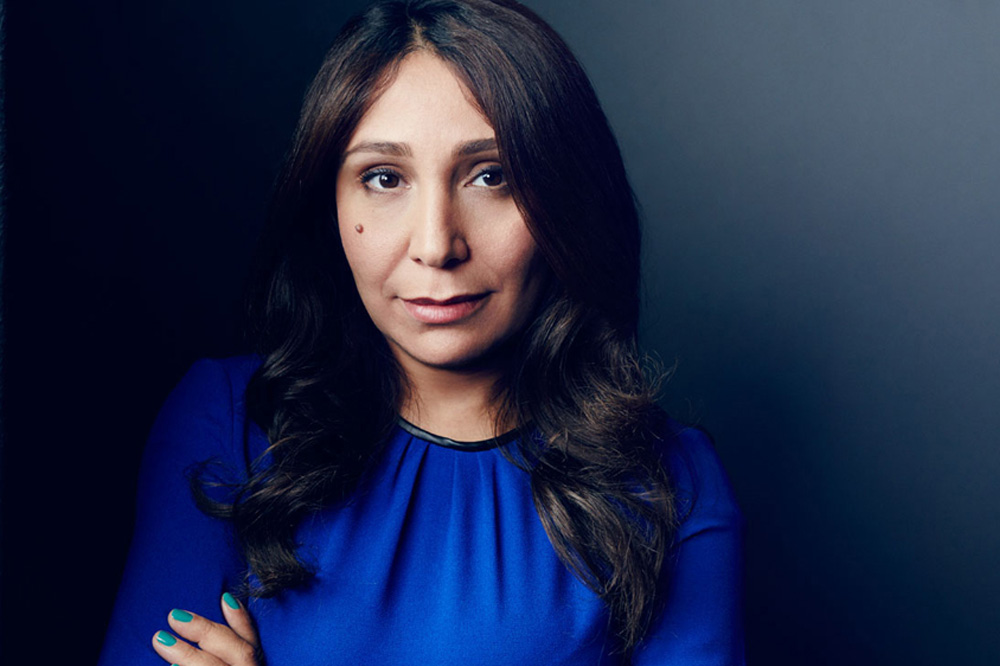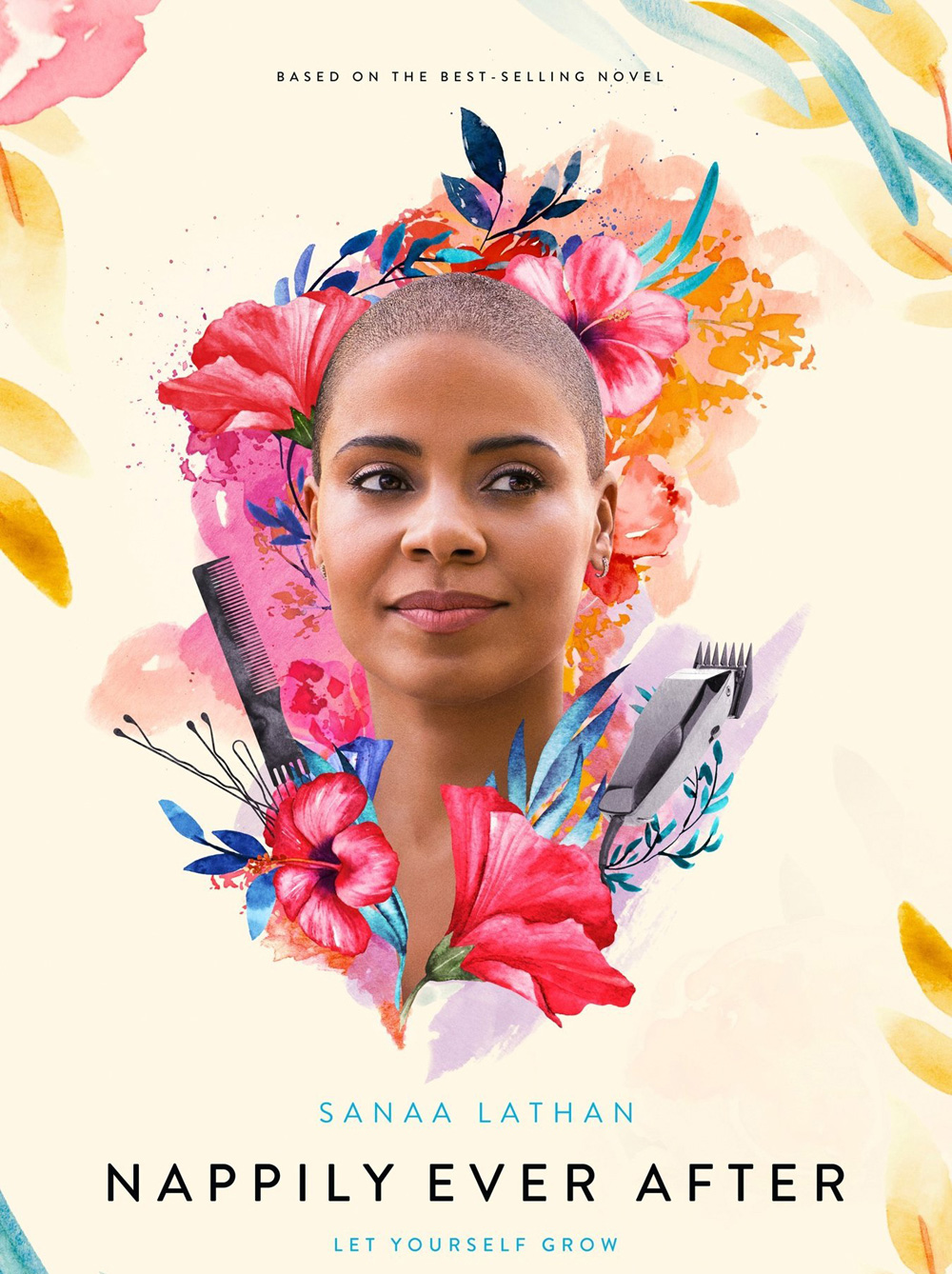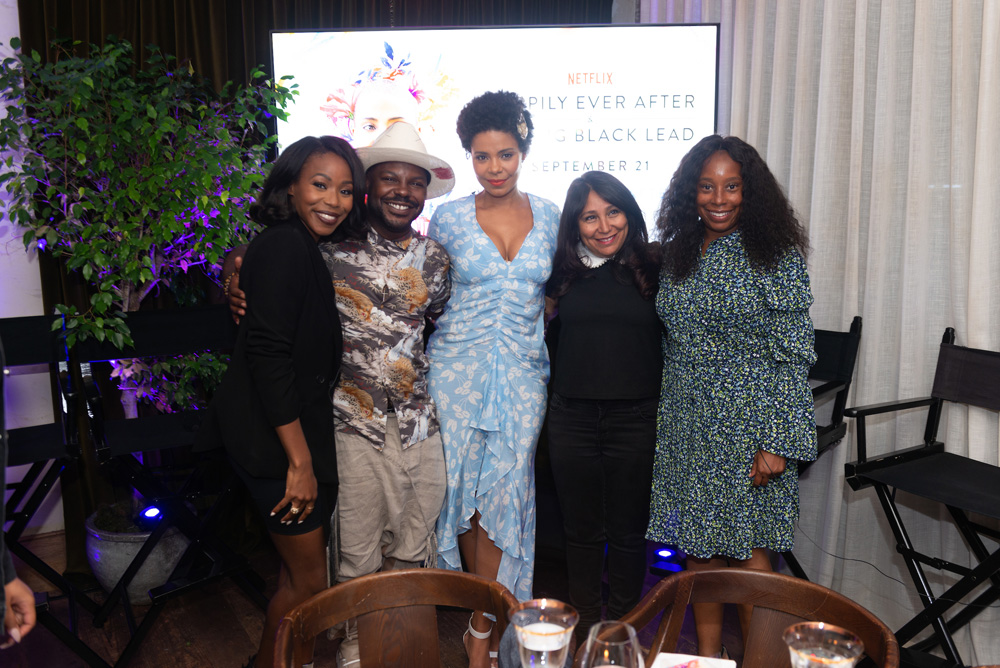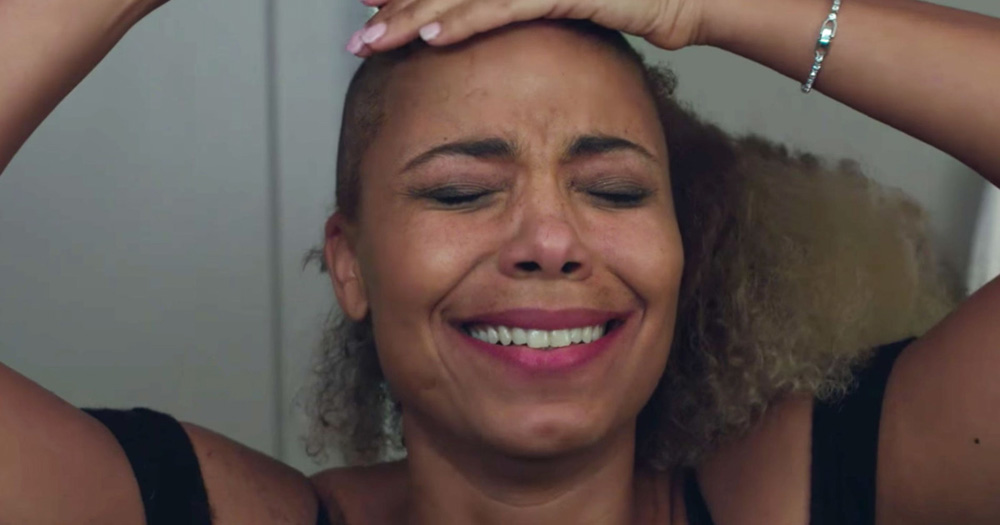
The much talked about Netflix movie, Nappily Ever After, is another one of Saudi director, Haifa Al Mansour’s latest accomplishments. She is Saudi Arabia’s first female film-maker and is making all women seen and heard through her medium of film.

Speaking to Grazia ME, Al Mansour wanted to send out a clear and effective message about female empowerment and the issues that matter to her.
“To me, being female is about empowering and supporting other women. This is essential for positive change, particularly in this region,” Haifaa told the publication. “For women everywhere, not just in Saudi, this is their moment. There is so much change happening and we, as women, need to be bold enough to embrace that change and make it work for us. If embraced openly, the process could be amazing - we just need to work hard and move with it, not against it.”
Haifa Al Mansour didn’t always want to be a film director, she spoke about her childhood and how she had a love for storytelling but thought she would study to become a doctor – as preferred by her family. When she didn’t get the grades she needed to pursue a career in medicine, she set herself on a path to becoming an English teacher, “Finally, I ended up telling stories through film and have never looked back,” she said.

The 44 year old director also advised, “Women should try and find a profession that makes them happy. I know it’s not always that simple, but if you’re passionate about something you’re more likely to succeed and achieve great things. I’m very lucky that I get to do what I love.”
She has been incredibly successful following her critically acclaimed movies including, Wadjda, which was the first feature length film to be shot in Saudi Arabia, and award-winning documentary Women Without Shadows, through which Haifa has gone one to influence a new wave of Saudi film-makers.
Nappily Ever After is her most recent and is based on a book by Trisha R Thomas. The narrative sees a young successful black woman living, what seems like, a perfect life. Her perfect life takes much work, including her hair – which symbolizes her veneer of “perfection” as she tirelessly maintains it to look absolutely flawless. A downward spiral of unfortunate events eventually lead the main character, Violet, to understand that her hair has been a symbol of her not living her life as she would like to and goes on to shave her head.

When Haifa Al Mansour spoke to Grazia ME, she also mentioned the significance of hair and why it had such meaning in Nappily Ever After, “There is a lot of pressure on Arab woman to have shiny, silky hair in order to look perfect and polished. I could really relate to the story on a personal level. I understood how it feels to be something other than perfect, so the character and what she stands for is what made me fall in love with the movie.”
Haifa Al Mansour continues to break social and cultural barriers through her work and next, she’s headed to Saudi Arabia to shoot yet another film with a strong, empowering message, entitled, The Perfect Candidate which is centered around a female doctor.

















